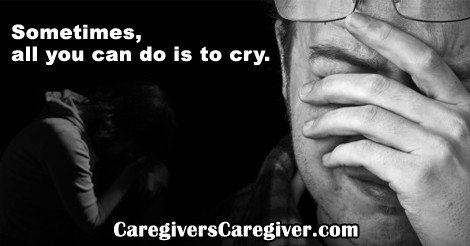The first step to getting the best treatment for depression is to meet with a mental health professional such as a psychologist, social worker, or other licensed therapist. At the same time, schedule a physical exam with your doctor. Certain medications, as well as some medical conditions such as viral infection, can cause the same symptoms as depression, and should be evaluated by a physician. The exam should include lab tests and an interview that tests for mental status to determine if speech, memory, or thought patterns have been affected.
Although a physician may prescribe antidepressant medication, medication alone is not the most effective treatment for depression. Concurrent guidance of a mental health professional is strongly recommended. The therapist or counselor will listen to your concerns, screen you for symptoms of depression, and assist you in developing ways to address your stress and build new coping patterns.
One way to find a professional is to ask a friend for the name of someone they know and trust. You may also find someone by asking your minister or rabbi, your doctor, or if you are employed, you may check your employer’s health insurance provider list or Employee Assistance Program (EAP). In addition, national organizations can provide contact information for mental health professionals in your community.
It is important to trust and feel comfortable with the professional you see. It is not uncommon to request a free introductory phone or in-person meeting to help determine if the professional is the right match for your particular needs and style. It is appropriate to clarify
- what the cost will be,
- how much your insurance will pay,
- how many scheduled sessions you should expect to have with the mental health therapist.
Any treatment should be evaluated regularly to ensure that it continues to contribute towards your improved health and growth.
Originally written by,
Caregiver.org
Excerpt from,
Depression and Caregiving
Source:

